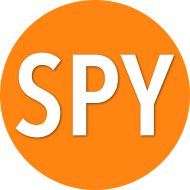The challenges to what it means to be human, which we are told arise from the development of artificial intelligence poses are manifold, not least to the idea of being creative. (Although many, not least industry body the Creative Industries Federation argues the creative industries will be one of the last strongholds of the application of skills by humans.) In November 2018, in an episode on The arts and artificial intelligence BBC Radio 4 arts programme Front Row asked:
Are robots going to take over the arts and what does the use of AI means for our understanding of creativity
The contributors to the discussion were visual artist Anna Ridley and Google Art & Culture’s artist-in-residence Mario Klingemann; singer Taryn Southern; mathematican Marcus Du Sautoy, author of The Creativity Code: How AI is Learning to Write, Paint, And Think; Guardian art critic Jonathan Jones; and Professor Mick Grierson of University of the Arts London (UAL) Creative Computing Institute.
My answers is that creativity is an expression of what it means to be human and thus is a function only of humans. Though an artificial intelligence could create something which we recognised as creative, or as art, it is the human recognition which is key.
Every creative ‘achievement’ of artificial intelligence is an even greater creative achievement for the people who created that AI, and those who created the entire field, and thus the creativity of machines is always lesser than that of humans.
We also underestimate what it means to be creative. The ultimate form of creativity is to create new ways in which humans can express themselves, which is far beyond what we have achieved. And perhaps we underestimate this as we as humans have yet to realise much of the potential of of new media and technologies for creative expression?
